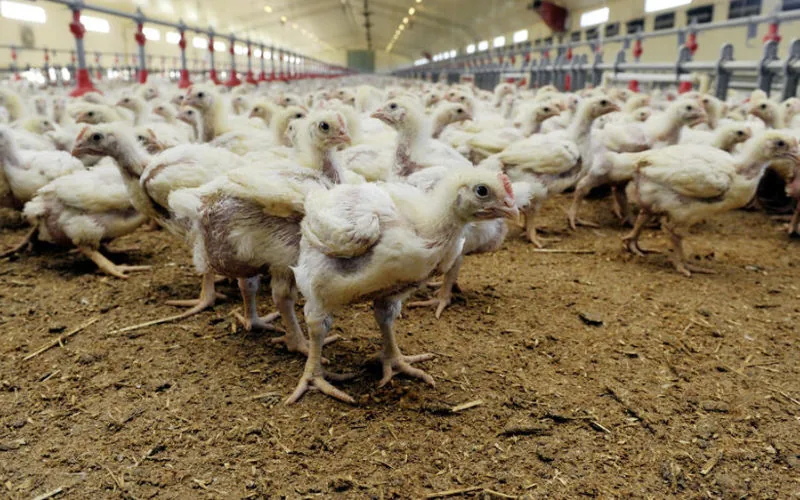China Bans Moroccan Poultry Imports After Newcastle Disease Outbreak

Chinese authorities have decided to suspend all imports of poultry and poultry products from Morocco, following the detection of an outbreak affected by Newcastle disease, reported by the World Organisation for Animal Health.
In a joint note No. 77/2025 published on April 28, the General Administration of Customs and the Ministry of Agriculture and Rural Affairs of China ordered the immediate suspension of imports of poultry and poultry products from the Rabat-Salé-Kénitra region. The decision was made following the detection of a Newcastle disease outbreak reported by the World Organisation for Animal Health, according to Barlamane.
Under the current regulations on biosecurity and animal and plant quarantine at borders, the measure prohibits the introduction into Chinese territory of any live or slaughtered poultry, as well as any non-sterilized poultry products from this Moroccan region. This includes hatching eggs, feathers, carcasses, viscera, as well as processed products.
All these products, sent by postal parcel or transported in personal effects, will be systematically rejected or destroyed. Also, organic waste of animal origin, including food residues, by-products or effluents, arriving on Chinese territory by air, sea or land from Rabat-Salé-Kénitra will be destroyed by customs services.
According to the measure, any poultry product from this Moroccan region seized at the border will also be immediately destroyed. Any offender is subject to sanctions, in accordance with the texts in force, warned the Chinese authorities in their joint note. For the moment, no reaction from Moroccan authorities has been recorded.
Newcastle disease is a highly contagious viral infection that mainly affects domestic poultry and some species of wild birds. Caused by the avian paramyxovirus, a virus of the paramyxoviridae family, it manifests as acute respiratory disorders, nervous disorders, severe diarrhea and a sudden drop in egg production. Although transmission to humans remains rare, the virus can cause mild conjunctivitis in people who have been in direct contact with infected animals.
Related Articles
-

Moroccan Customs Alert: 5 Critical Scenarios Requiring Declaration for Travelers and Expats
23 August 2025
-

Illegal Bakeries in Morocco: A Rising Health Threat to Consumers
22 August 2025
-

Trailblazing African-Italian Lawyer Vanishes During Casablanca Layover, Sparking International Search
22 August 2025
-

Reality TV Star’s Moroccan Dream Soured: Dog Drama Ruins Romantic Dinner in Agadir
22 August 2025
-

Marrakech Housing Crisis: Young Job Seekers Face Soaring Rents and Shrinking Options
22 August 2025